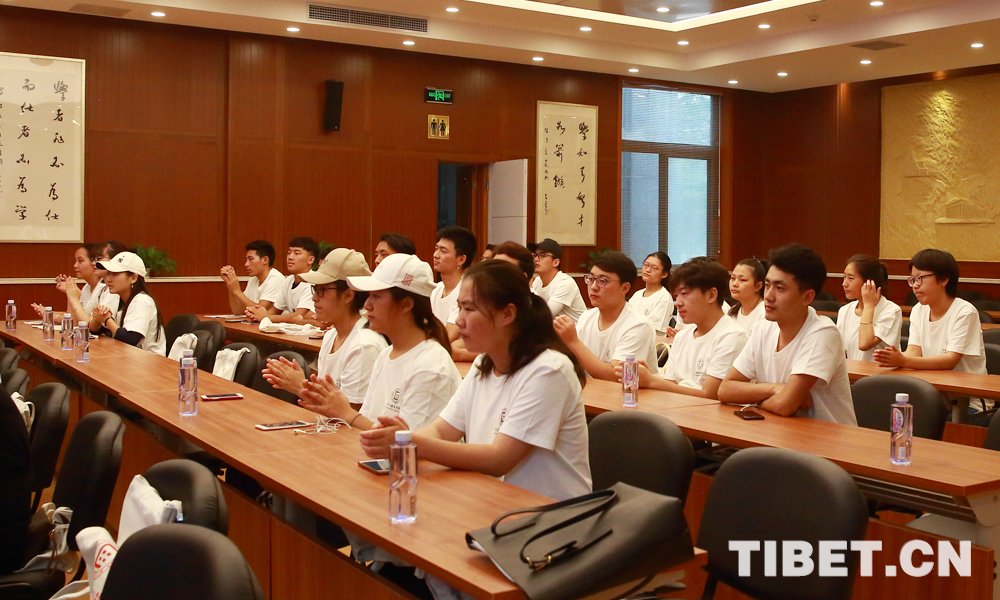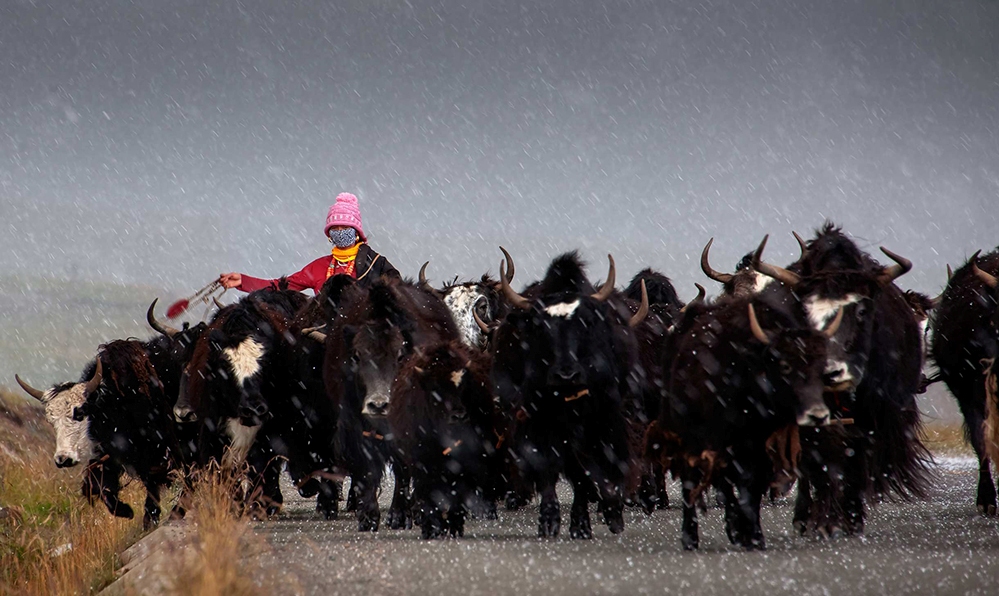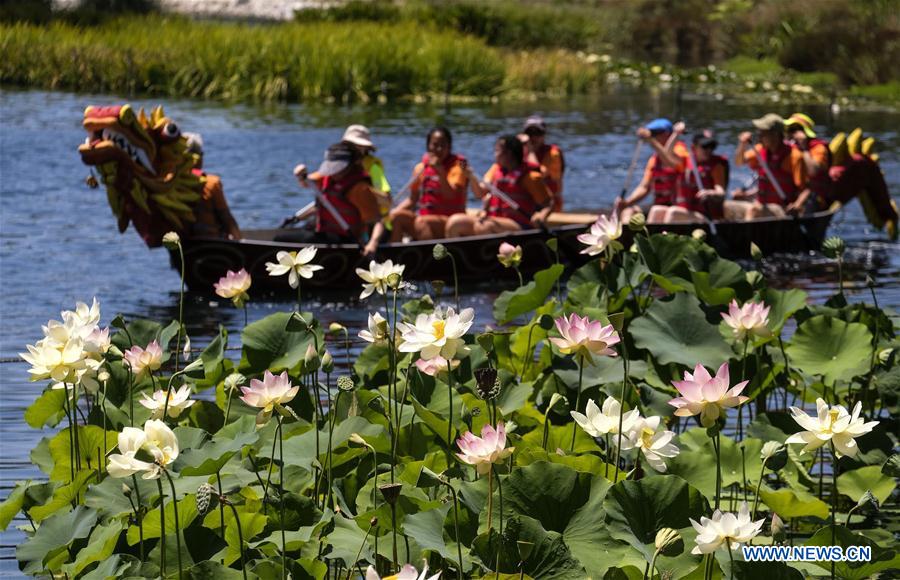Qinghai-Tibet Plateau still one of cleanest regions on earth
The Qinghai-Tibet Plateau, which covers over one-fourth of China's land area, is still one of the cleanest regions on earth, said a white paper issued by the Chinese government Wednesday.
With a low intensity of human activity on the Plateau, "the air quality is little impacted, the types of pollutants are few and the density is low, and the content of pollutants is similar to those at the North Pole," said the white paper, titled "Ecological Progress on the Qinghai-Tibet Plateau."
Ecological progress on the Plateau in the new era is an essential component of the Beautiful China initiative, which aims to create good working and living environments for Chinese people and play China's part in ensuring global ecological security.
The Communist Party of China and the Chinese government have made ecological conservation a top priority, and believe protecting the Plateau is a vital task for China's survival and development.
A conservation and protection system is being developed step by step for the Plateau, with solid achievements in improving ecological conservation and environment quality, according to the white paper.
The local green industry has witnessed steady growth with a system of technological support in place, and an eco-culture is taking shape to showcase the Plateau's exemplary role in ecological development, it added.
Located in southwest China, the Qinghai-Tibet Plateau covers the entire Tibet Autonomous Region and Qinghai Province, in addition to parts of Sichuan, Yunnan, Gansu, and Xinjiang.
It is about 2.6 million square kilometers in area, and most of it lies at an altitude of more than 4,000 meters above sea level.
Hailed as the "roof of the world," the "third pole" and the "water tower of Asia," the Plateau is a natural habitat for rare animals and a gene pool of plateau life. It is a key eco-safety barrier in China and Asia, and a focus of the country's drive to promote ecological progress.
Your Comment
Name E-mailRelated News
-
-
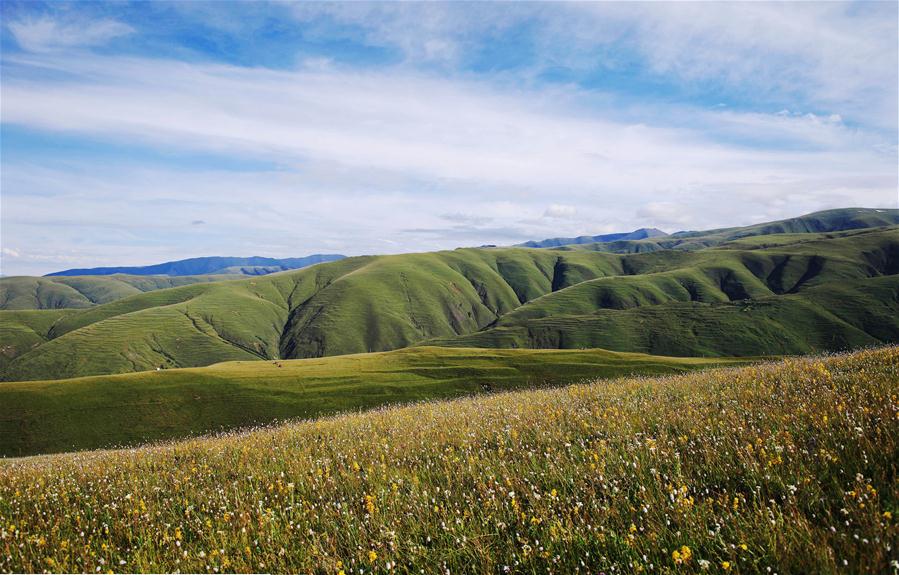
-
Green industry develops steadily on Qinghai-Tibet Plateau: white paper
A white paper released Wednesday said that an economic model featuring a circular economy, renewable energy, and distinctive industries, is forming on the Qinghai-Tibet Plateau.
-
-
-
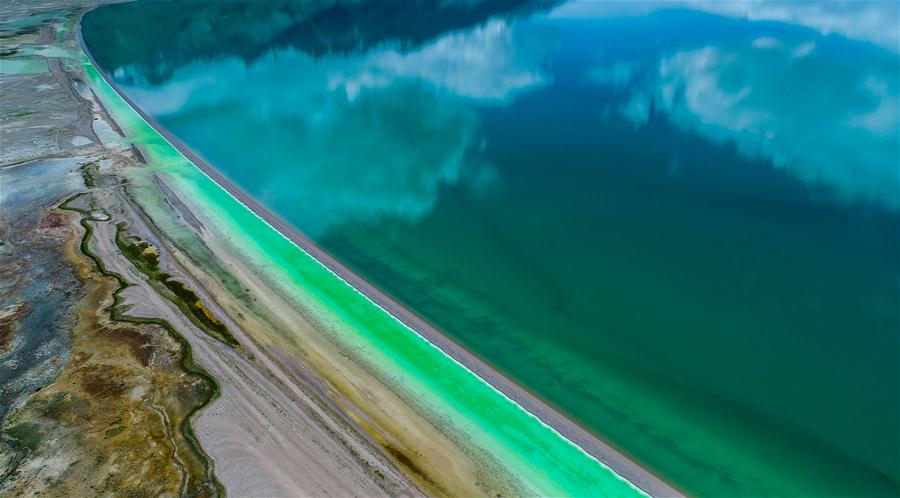
-
China issues white paper on ecological progress on Qinghai-Tibet Plateau
China issued a white paper about ecological progress on the Qinghai-Tibet Plateau, which is a key eco-safety barrier in China and Asia, and a focus of the country's drive to promote ecological progress.
-
-
-
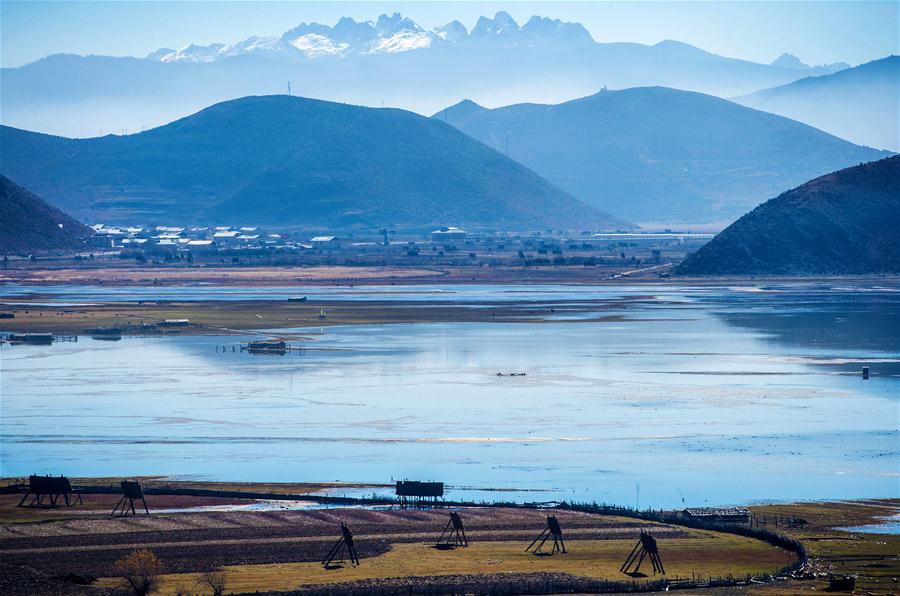
-
Ecological awareness grows on Qinghai-Tibet Plateau: white paper
A culture that values ecological awareness is developing on the Qinghai-Tibet Plateau, said a white paper released by the State Council Information Office on Wednesday.
-
-
-
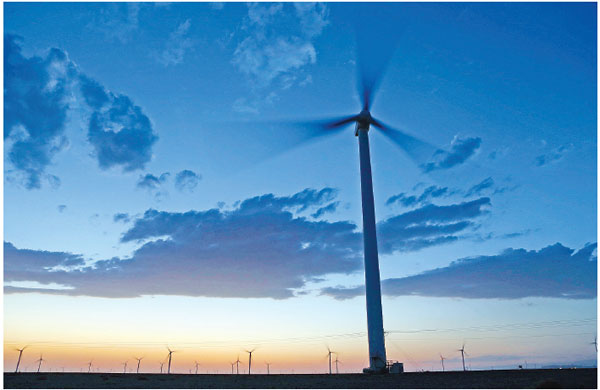
-
Qinghai province sets record in 9-day clean energy trial
China has set a world record in Qinghai province, where 6 million people used nothing but clean energy for nine consecutive days - a testament to China's commitment to a low-carbon future.
-
-
-

-
Guinan Tibetan embroidery
The Guinan County is known as the "home of Tibetan embroidery", and the Guinan Tibetan embroidery has been listed as a provincial intangible heritage item of Qinghai.
-


